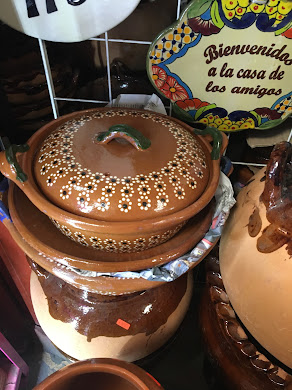It turns out that when you're multi-lingual, and speaking, all your languages are activated, and your brain inhibits the ones you're not using. Sometimes the inhibition is weaker, and then you get "intrusion errors" where the wrong language pushes its way in.
Paradoxically, the brain of a bilingual person can inhibit their dominant language more than the non-dominant one, so that they can be slower to access words in their stronger language. I feel this when I'm playing Scrabble in English; my other languages jostle
each other in the doorway of my mind, suggesting French, German, Spanish
and even some Chinese words that I could make with the letters in my
stash.Wrong, wrong, wrong--until I invented a game called "Multi-Lingual Scrabble", that I play with friends who speak other languages. (For the rules see below.)
Personally I find that even a French accent seems to prime my brain for French, so that as soon as someone starts speaking English with a French accent, my brain comes up with French words, despite my dominant language being English.
If this interests you, then for more details, read this fascinating article.
(Rules of Multi-Lingual Scrabble: You can put down a word in any language, but you're on your honour that it's a real word. If challenged, you have to prove it, and if you cheated, you miss your next turn. Try it; it's fun. Even though remember, Scrabble sets are adjusted for different languages, with different numbers of letters according to which letters are used the most in each language. So for example, if you're playing with an Italian Scrabble set, it will be harder to form words in French, etc.)

No comments:
Post a Comment